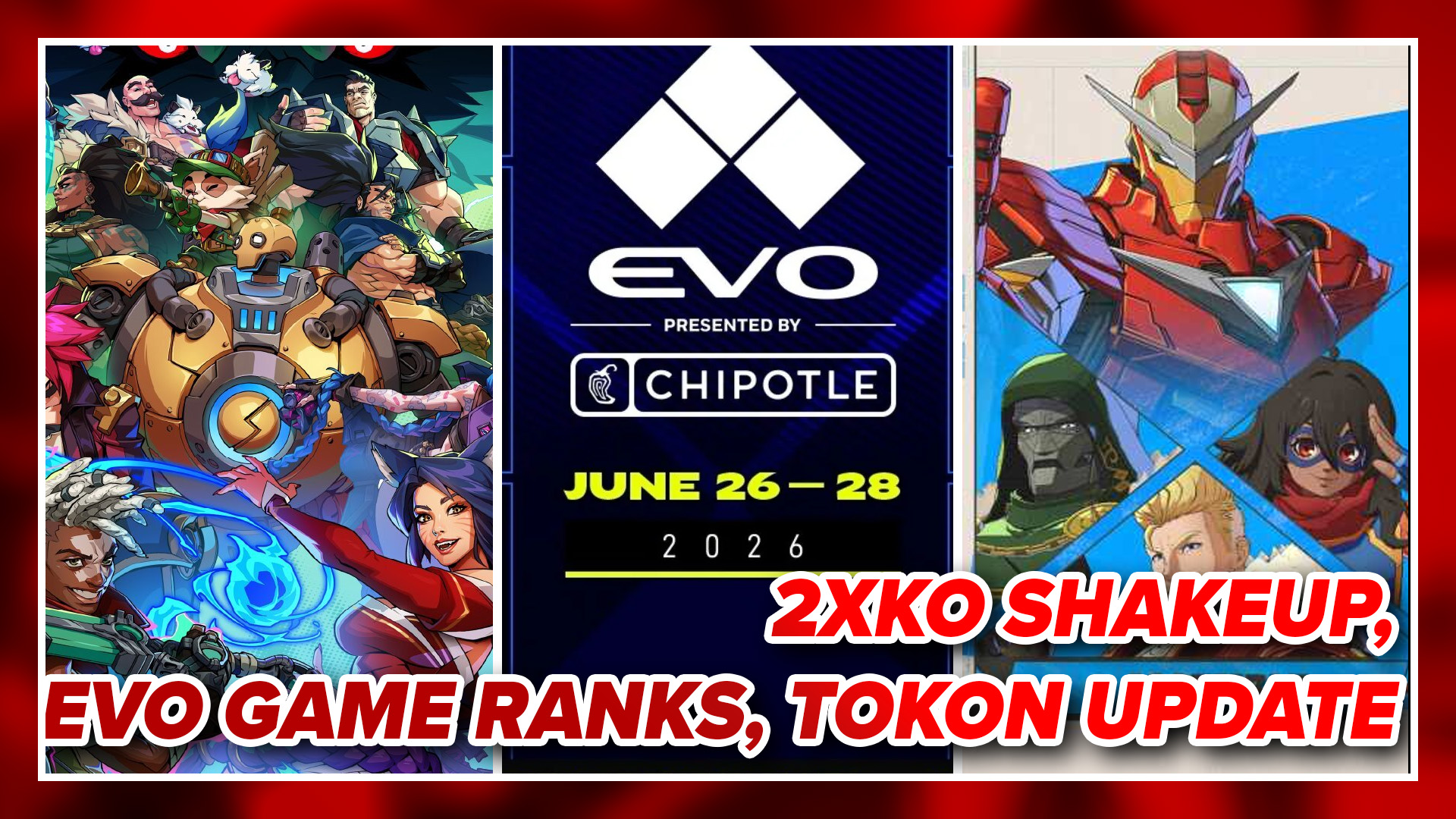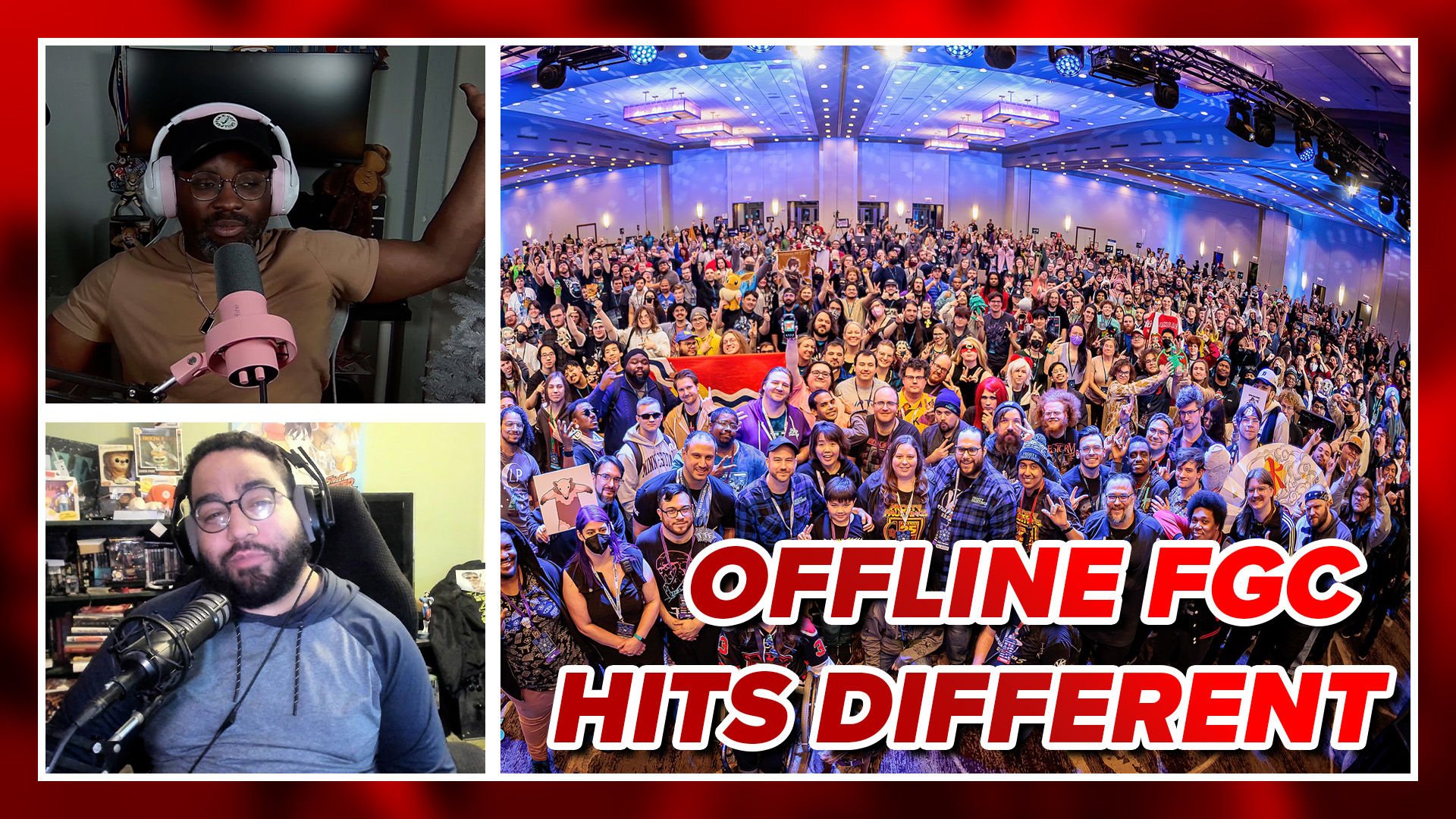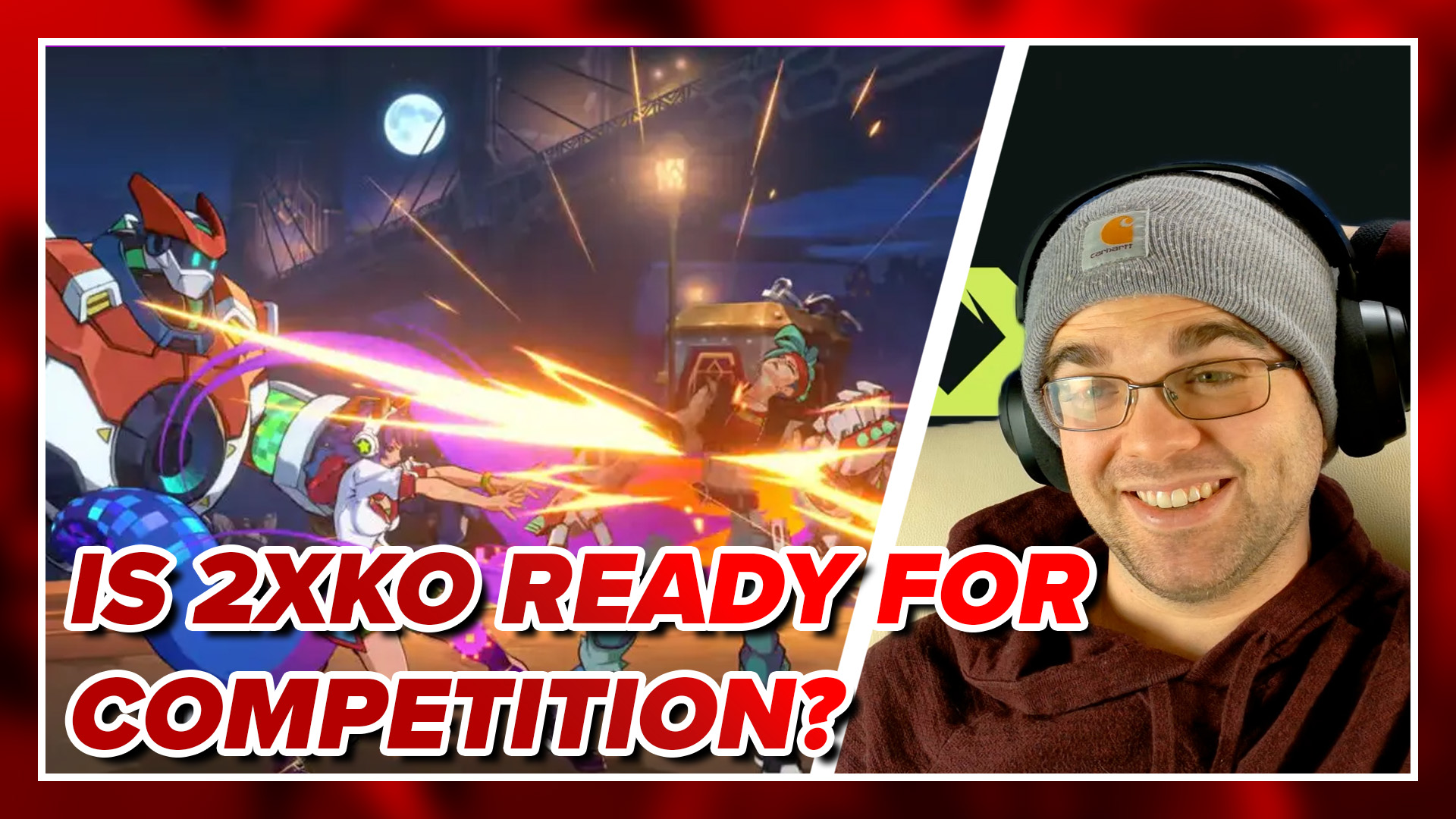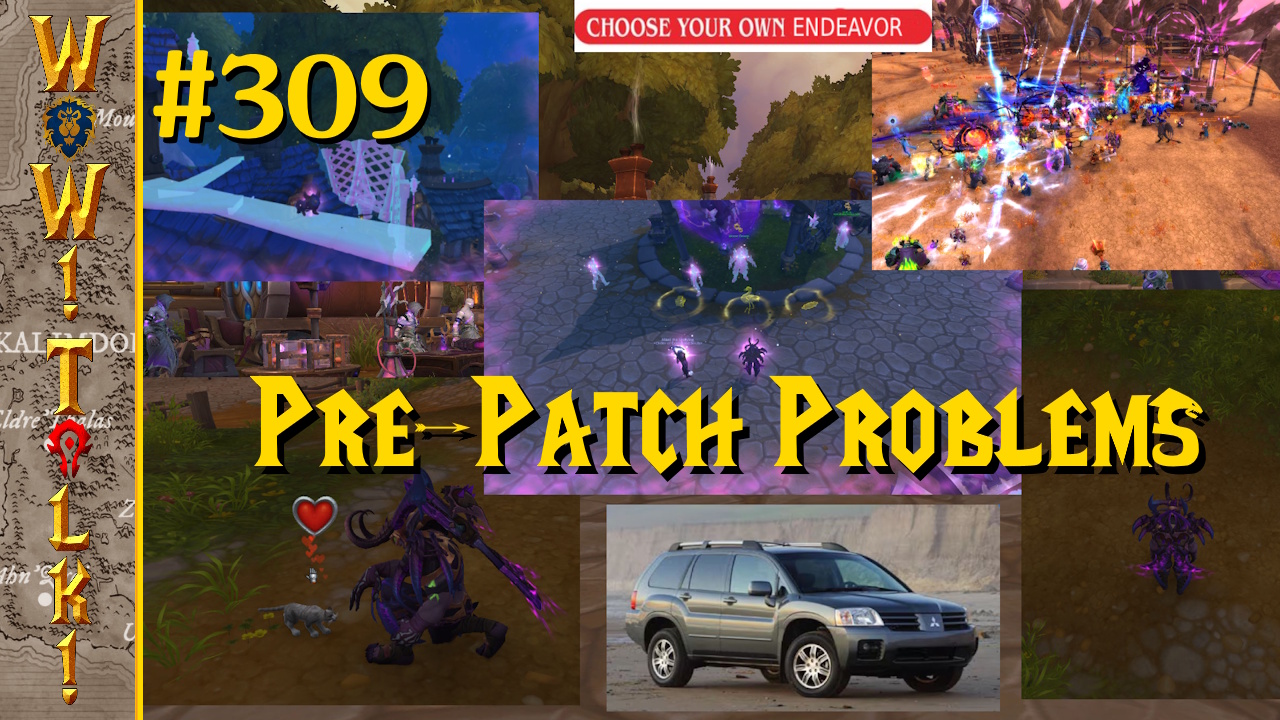
After playing through Knock Knock, I just had to know more about it and the people who made it. I was lucky to get in contact with Alexandra Golubeva, writer and translator at Ice-pick Lodge, and have her answer my burning questions about the game.
JC – What do you enjoy about making horror games?
AG – We don’t make horror games. Our creative lead, Nikolay, is actually in denial about Knock-Knock being horror. It’s a game about the unknown and how to deal with it, and that is an interesting subject in itself. But there’s no evil in Knock-Knock.
Now, obviously we understand that the fear of the unknown is ingrained in human nature, but Knock-Knock is more about overcoming that fear—or at least coming to terms with it.
Still, to answer your question, we do enjoy creating situations. Setting the stage, so to speak. The less obvious the rules working on that stage are, the better. And that makes for a good horror subject.
JC – The gameplay is widely different from Pathologic and your other games. What had you wanting to try something so different? Why are all your games so different from each other?
AG – Because it’s boring to do more of the same! We’re not the “refine the formula” kind of guys. But it also boils down to the fact that we start making a game from the idea we want to present, and gameplay mechanics and the like are always secondary. Did you know that there were two other versions of Knock-Knock in different genres before this one? There was even a goddamn tower defense. Yeah, we didn’t know how to make a game about the unknown.
On the other hand, it’s never about “doing something different”, it’s about doing something we want. It’s just that we want different things.
Also, there’s this concept of chef-d’oeuvres. Please don’t take it as bragging, it’s about the mindset! The idea is this: there’s always craft, and then there are masterpieces. It has nothing to do with craft being worse, less deep and enjoyable; it’s all about uniqueness. A masterpiece is always one of a kind, while crafted objects create a continuum—an industry. Hollywood movies, TV shows and most games are mostly craft in that uniqueness is not their goal—enjoyment is. And they are often far more enjoyable and masterful than art house movies and indies. But we just seem to have a chef-d’oeuvre mindset. We don’t consider each of our games a masterpiece, far from it, but each of them is unique to us. It’s always a dialogue with the audience and the anthroposphere in general, but not with the industry.

JC – Your games try some things that are outside what the medium typically attempts to accomplish. What are you trying to do with games as a whole?
AG – We want games as a medium to become a fully-fledged kind of art. They are moving in this direction, but still are perceived as “lower” or “more mundane” than, say, movies. We want to live in the world where games make you think, not just feel. Where entertainment is not the only goal of the gaming industry. And we’ll undoubtedly be there, it just takes time.
JC – What new thing were you trying to do with the horror genre with Knock Knock?
AG – Well, I’ve already said that Knock-Knock wasn’t conceived as a horror game… still, it does try something less obvious. The horror market is oversaturated right now, and, frankly, it’s becoming less and less scary. There are always asylums, madmen, and uncanny valley monsters. And jump scares, obviously. Well, they’re not goddamn scary at all, apart from several minimalistic indie titles (like SCP-087, or imscared—but the latter does this thing with the fourth wall, so it’s different).
Actually, a really good, if imperfect horror game was released recently—I’m talking about Amnesia: A Machine for Pigs. It has its ups and downs, but I really like what it’s trying to do. It’s trying to scare you psychologically, not instinctively. And Knock-Knock is kinda similar in that regard—it tries to scare you not psychologically, but rather existentially… Or perhaps it tries to show you that there’s nothing to be afraid of after all. There’s just you and the things you bring with you—your prejudices, your stubbornness. The world is not evil. You are the one who chooses for it to be like that.
Once again, what we’re trying to do is make the player not only feel, as most horror games do, but also think. Thinking is good for your health.
JC – Can you tell us more of the story behind how the game came to be? Maybe a little insight on its ‘mysterious benefactor’?
AG – There was an e-mail. It contained an archive with 19 items (texts, images, audios, videos) called “letsplay.rar”. It intrigued us in that it was a masterful hoax if it was one. But it seemed that… first we thought someone’s trying to scare us, but after a while we came to the conclusion that it’s more like a plea for help. We tried to start a dialogue with the sender, but to no avail. And how do you reply to someone who doesn’t listen? You try to shout as loudly as you can! So we’ve made a game that many people would see, hoping to reach our sender. He hasn’t replied yet, even though some of the items from the archive are used directly in the game.

AG – It had to be both cozy and unfamiliar. The cabin had to feel like home, while Guests had to feel like something completely different—unknown, yeah. As for The Lodger, there was a fine line as to not make him too likeable. He’s closed-minded, so he’s partly an antihero, yet you shouldn’t feel repelled by him. Personally I like to compare him to a badger. Are badgers cute? Yeah. Would you like to make friends with one? …Not so sure.
It’s also no secret that we were greatly inspired by Don Kenn’s art. We like his scary-yet-somehow-sweet creatures a great deal.
JC – Knock Knock does an excellent job conveying menace with its art. What were the challenges of creating a horror game with an almost cartoon-like art style?
AG – Like I said, it’s always a fine line. Likeable, yet scary. Cartoony, even childish, yet serious. Or maybe not? Horror games tend to take on a very serious face, but isn’t cartoonish horror scarier?
JC – What were you trying to convey with the various odd monsters in the game? What were their inspirations?
AG – The unknown. There were various inspirations for them; apart from Don Kenn, I think most of them are pretty obvious (it’s hard not to recognize the Silent Hill walkers, or the kinda Japanese long-haired lady). The idea is also obvious: it’s you who gives fear its face. Like in Harry Potter. But, unlike Harry Potter, Guests are indeed real, so some of them may defy your expectations. It’s up to you how to deal with this.
JC – Why settle on a 2D playing field for this game?
AG – Why not? It seems to suit it.
JC – Why concentrate on a hiding mechanic in the game? What did you feel it added to the game?
AG – Knock-Knock is a game about playing games without knowing the rules. All those weird creepy things—why do you even feel they’re malevolent? Perhaps they just want to have innocent fun. Perhaps they like hide-and-seek.
On the other hand, is it really like this? Think about it for a while. The idea of hide-and-seek is pretty goddamn scary, isn’t it? You have some time to hide, but you’re absolutely helpless then. You just sit there in the dark waiting to be found—and you will be found. Children play the scariest games of them all. So hiding added to this playful innocence—and also to your feeling of vulnerability. There’s nothing you can do, only run and hide.
But is it a bad thing? Once again, that’s up to you.

JC – Why did you decide to have the objects in the house appear as the protagonist concentrated on them?
AG – Because he needs somewhere to hide! See, his memory is hazy. He’s not sure if he’s sleeping or awake. He’s not sure where his diary is. He’s not sure if everything is in order. But he’s the keeper of this cabin, so he does what he has to, and he has to patrol it, setting everything in order. It’s just that sometimes order is not about how you place things, it’s about what you think of them.
JC – The sound design was simple, but powerful. How hard was it to get the sound effects and limited music just right?
AG – It was a challenge, but we’re sure that sounds make half the atmosphere, if not more, so we did our best.
JC – Why choose to make the protagonist speak in gibberish? Why not full voice, or not speak at all?
AG – His gibberish is actually rerecorded and tuned audios from the archive. Now, we didn’t know what they were exactly, but that’s how the sender tried to communicate with us, so it seemed logical to mirror that directly, making The Lodger communicate with those sounds.
JC – Mistrust and paranoia seem to influence every facet of the game’s design and control. Was it difficult to work that into the monster behavior? To work it into the gameplay itself?
AG – Yes, it was challenging—guess we were feeling the same confusion that’s conveyed to the player. Guess we were just trying to close our eyes and imagine how it is. Not consciously reconstructing, but rather “getting” the situation. And it was worth it! …And then we did A LOT of balancing.
JC – Were you nervous to make a game where learning the controls was key? Were you afraid people wouldn’t get it?
AG – We are never nervous. And we always are. See, that was simply something we had to do. While trying to wrap our minds around what exactly was the sender trying to communicate to us with his letter, we came to a brilliant conclusion: perhaps it was simply that—the feeling of scared confusion, the inability to understand the rules of the world right here and now. So we thought that the best way to help the sender was by making a “confusion simulator”, a game that conveys a similar feeling. I’m going to be cruelly blunt here: the question of whether the audience would like it came secondary. We aren’t clueless, we knew that some people wouldn’t get it. That’s totally fine.
See, the Ice-Pick ideology is that ideas are not invented by men, we simply find them and transmit them. The ideas are born out there, and it’s not our place to change them for someone’s tastes. We just have no right. So the only thing that matters is being true to the idea and doing our best to make it easy to get. But if the core idea is not someone’s cup of tea, well, it’s okay. There are many other games out there.

JC – Why do you often have learning the game’s mechanics as an important part of play in your games?
AG – Do we? I think the mechanics of Pathologic are pretty straightforward. But I think it comes down to the fact that mechanics are an important narrative tool to us. You don’t just add stuff (like, say, a health bar) to the game because everyone does it. You only add systems that are meaningful in the context. So learning and mastering those systems is a part of learning what the game is actually about.
JC – How many of the gameplay mechanics have people figured out? Is there still a lot to learn about the game?
AG – Our fans are really really sharp. I’m pretty sure they have found out everything… Or are really close to it.
JC – Was it difficult to tell such a complex story in a vague way? How hard was it to keep everything interesting without giving away the game’s secrets?
AG – The story is as complex as the player wants it to be—and that’s how you do it, I think. I mean, you can simply view Knock-Knock as a ghost story and be totally fine; I think it’s consistent like that. Finding deeper and more intricate meaning is optional.
As for keeping the game interesting… Yeah, that’s the hard one. The basic idea is this: It’s a game about the fear of the unknown. And what counters it? Curiosity. Curiosity should be enough to keep you engaged, otherwise you’re kinda missing the point. We could probably add more mechanics and events to keep the player more interested, but that would seem artificial and untrue. If you want to explore Knock Knock, go for it. If you don’t, you’re entitled to your choice of not having fun. Yeah, it’s up to you.
JC – I thought it was interesting that the forest was relatively safe but the house wasn’t. Why did you choose to have the forest sequences?
AG – Because that’s where The Lodger lives! Wouldn’t you want to explore your surroundings? …Actually, he doesn’t, but life is hard sometimes. We’ve decided to not give him this choice. You’ll have to look at the world around you whether you want it or not.

JC – Did many players complain about the life meter that appeared after the game’s mid-point? Why did you choose to put it in?
AG – Some do, but not many, really. And it’s mostly not about the fact, but about its mechanics being obscure.
Because when you’re really waiting for something, like The Lodger is waiting for the dawn, time becomes different as you’re getting closer to the goal. You start to feed paranoid. What if something goes wrong? Was all the waiting for nothing? Time starts to flow slower, but also feverishly. You can’t just read a book and wait now, you check the clock every two seconds.
And in the game.
JC – How do you feel about the overall kickstarter process you went through? Would you have changed anything now that you’ve been through it?
AG – It was challenging, and we’ve made several mistakes. We definitely need to straighten up our communication process. Updates should be more frequent and clear. And we’ve missed the deadline hard. Now, missing the deadline is not unheard of for independent developers, but still, it’s not something you should do.
It’s also hard to feel indebted to so many people. Very uplifting and energizing, but hard.
JC – Were you able to do everything you wanted to do with the game? Were there some aspects that got cut?
AG – Yes we were. Like I said, there were many drafts and concepts we’ve abandoned, but it was our creative process, so they were not cut for some external reasons. Knock-Knock has even switched genres!
JC – Would you include missing aspects if you had the funds/time to do it again?
AG – We’d rather do something new. Or maybe something old, but not Knock-Knock.
I’d like to thank Alexandra Golubeva for answering my questions, and also for letting me play Ice-pick Lodge’s excellent game, Knock Knock. If you want to know more about the game, check out the kickstarter’s documents, or download it from Steam and try it for yourself. It’s quite good, you know.




